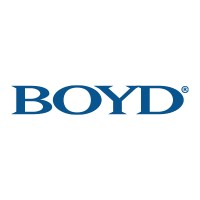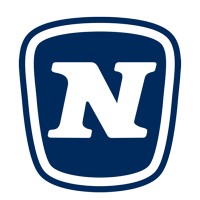
Boyd Gaming
Boyd Gaming Corporation is one of the nation’s leading casino entertainment companies, but we’re so much more than that! We're a billion-dollar, publicly-traded company that retains the philosophy of a family-owned business, focused on creating long-term, sustainable growth for our shareholders. This philosophy defines and separates us from the competition, making us unique in our industry. From our beginnings in the 1970s, we made a commitment to our guests, employees, and communities to create a culture and an operating style built around that of a family-owned business. Even as a public company operating in a highly competitive industry, the Boyd Style of hospitality continues to define us. We currently own and operate 28 gaming properties in ten states: Aliante, Cannery, Eastside Cannery, Gold Coast, The Orleans, Sam’s Town, Suncoast, California, Fremont and Main Street Station in Las Vegas; Jokers Wild in Henderson, NV; Blue Chip in Michigan City, IN and Belterra Casino Resort in Florence, IN; Par-A-Dice in East Peoria, IL; Diamond Jo Dubuque in Dubuque, IA and Diamond Jo Casino in Northwood, IA; Belterra Park in Cincinnati, OH; Kansas Star in Mulvane, KS; Ameristar Kansas City in Kansas City, MO and Ameristar St. Charles in St. Charles, MO; Valley Forge in King of Prussia, PA; Sam’s Town in Tunica, MS and IP Biloxi in Biloxi, MS; Amelia Belle in Amelia, LA, Treasure Chest in Kenner, LA, Delta Downs in Vinton, LA, Evangeline Downs in Opelousas, LA, and Sam’s Town in Shreveport, LA. Each is distinguished not only by the quality of its amenities but also by the exceptional customer service our guests have come to expect from a Boyd Gaming property.






